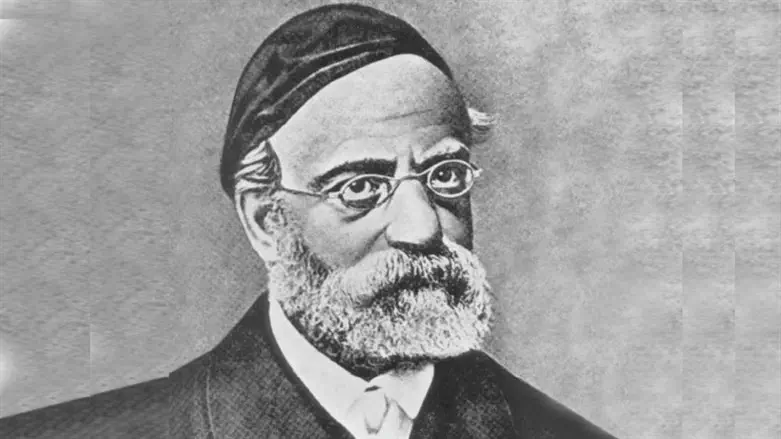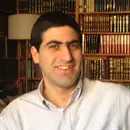
Some people struggle to tell the truth even when the cost of doing so is minimal. They will breezily lie about their child’s age when buying tickets to the zoo, for example, just so they can save $5. Why they’re willing to violate G-d’s command to “stay far from anything false” for such a tiny sum is perplexing to me, yet people do it routinely.
Even very honest individuals, however, sometimes struggle when their job seems to require them to act unethically. In this instance, the potential price of sticking to one’s principles is not $5 but one’s entire livelihood. “Should I really get on my boss’s bad side by saying ‘No’? Don’t I have a wife and children who rely on me? Besides, what I’m being asked to do may be slightly shady, but everyone does it, so it can’t be such a big deal.”
I believe Rav Hirsch is addressing such thinking in his commentary to the verse “Not by bread alone does man live, but by everything that proceeds out of G-d’s mouth does man live” (Deuteronomy 8:3) in this week’s parshah. He writes, “‘The worry to provide for wife and child’ is, in itself, such a justified incentive for our activities that it easily tends to drive all other considerations out of sight as soon as we believe that we, and we alone, have to provide for the existence of ourselves and those dependent on us.”
Even when we make a comfortable income, we’re so worried about providing for the future “and for that of our children and grandchildren” that “we make the ‘worry of providing bread’ into an unlimited breathless chase after income which denies any time for interest in purely spiritual and intellectual matters.”
Hashem fed us mann for 40 years before our national life in Israel commenced to impress upon us that our sustenance comes from Him, not from our own efforts. Of course, we all believe that our parnassah comes from Hashem, but to truly believe it – to risk, for example, upsetting our boss by refusing to be slightly dishonest or to commit a “small” sin – is another story entirely. A part of us really does believe that our parnassah is in our hands, and so we commit that tiny sin and excuse our behavior with various rationalizations (some better than others).
Rav Hirsch writes that a Jew can rest assured that “he will not be lost if, in order to keep faithful to G-d’s commands, he has to give up what normally he would get from nature and man.” On the contrary, “the most special care of G-d…will feed him.” We all know this. Let us aim to live it.
Rav Samson Raphael Hirsch(1808-1888) – head of the Jewish community in Frankfurt, Germany for over 35 years – was a prolific writer whose ideas, passion, and brilliance helped save German Jewry from the onslaught of modernity.
Elliot Resnick, PhD,is the host of “The Elliot Resnick Show” and the editor of an upcoming work on etymological explanations in Rav Samson Raphael Hirsch’s commentary on Chumash.
...
